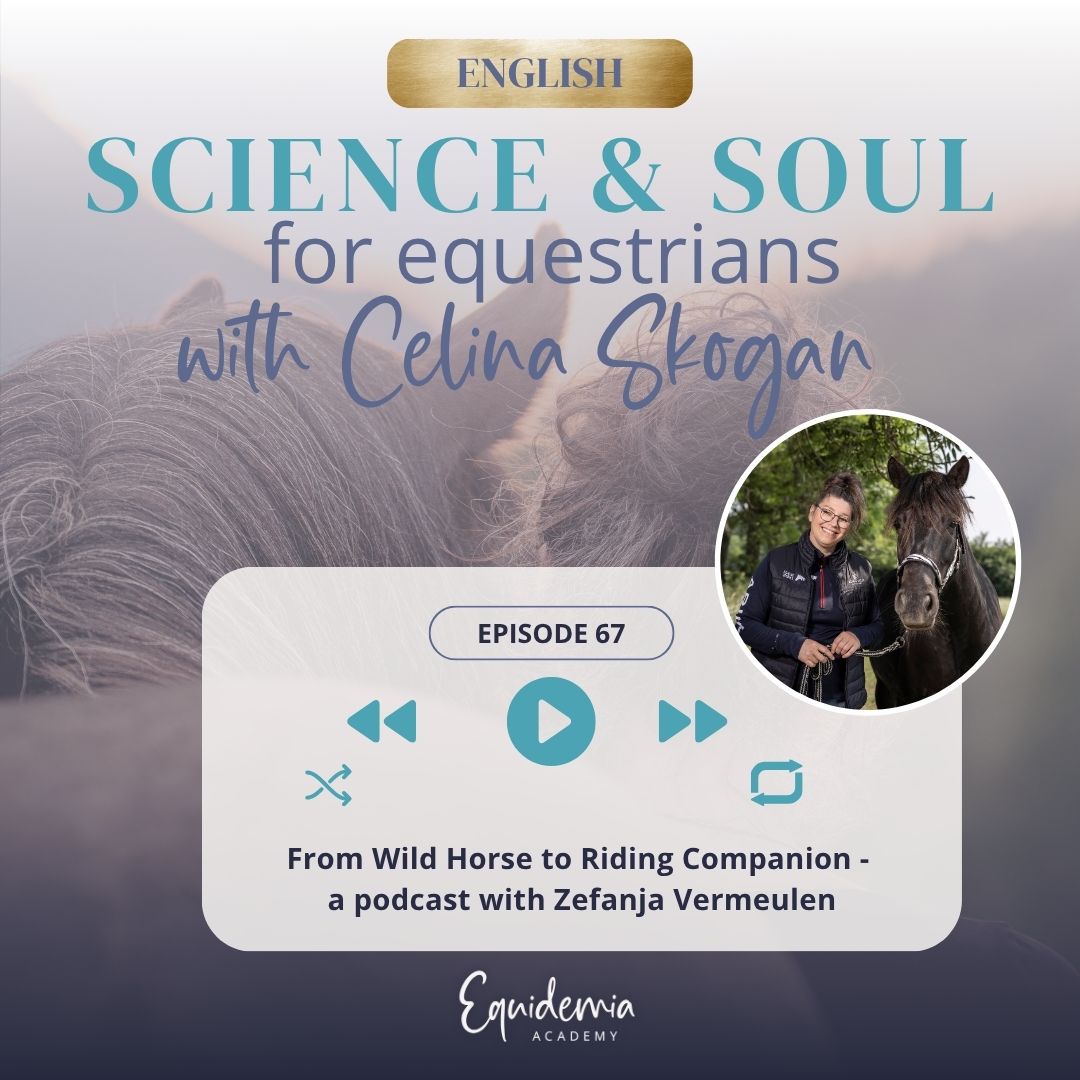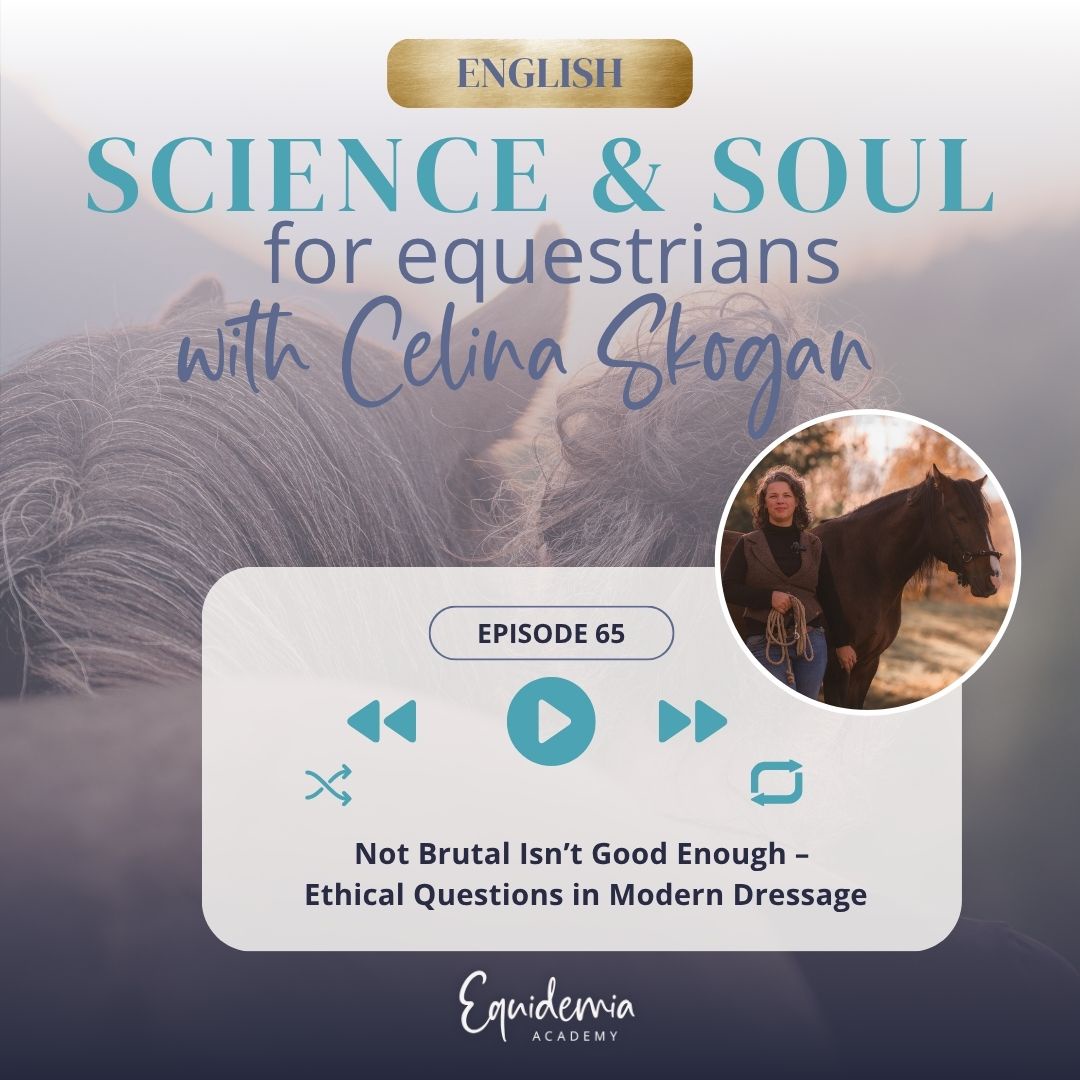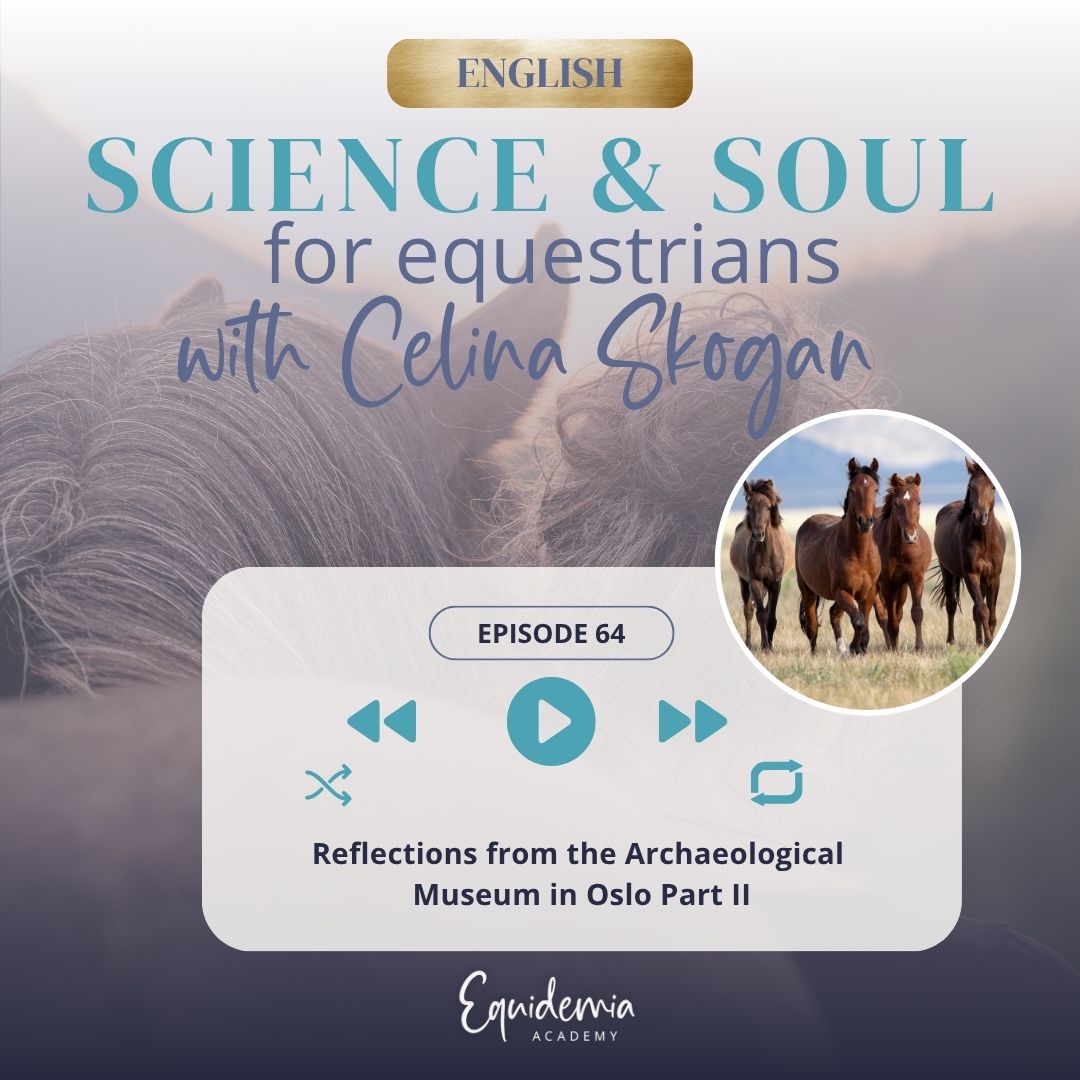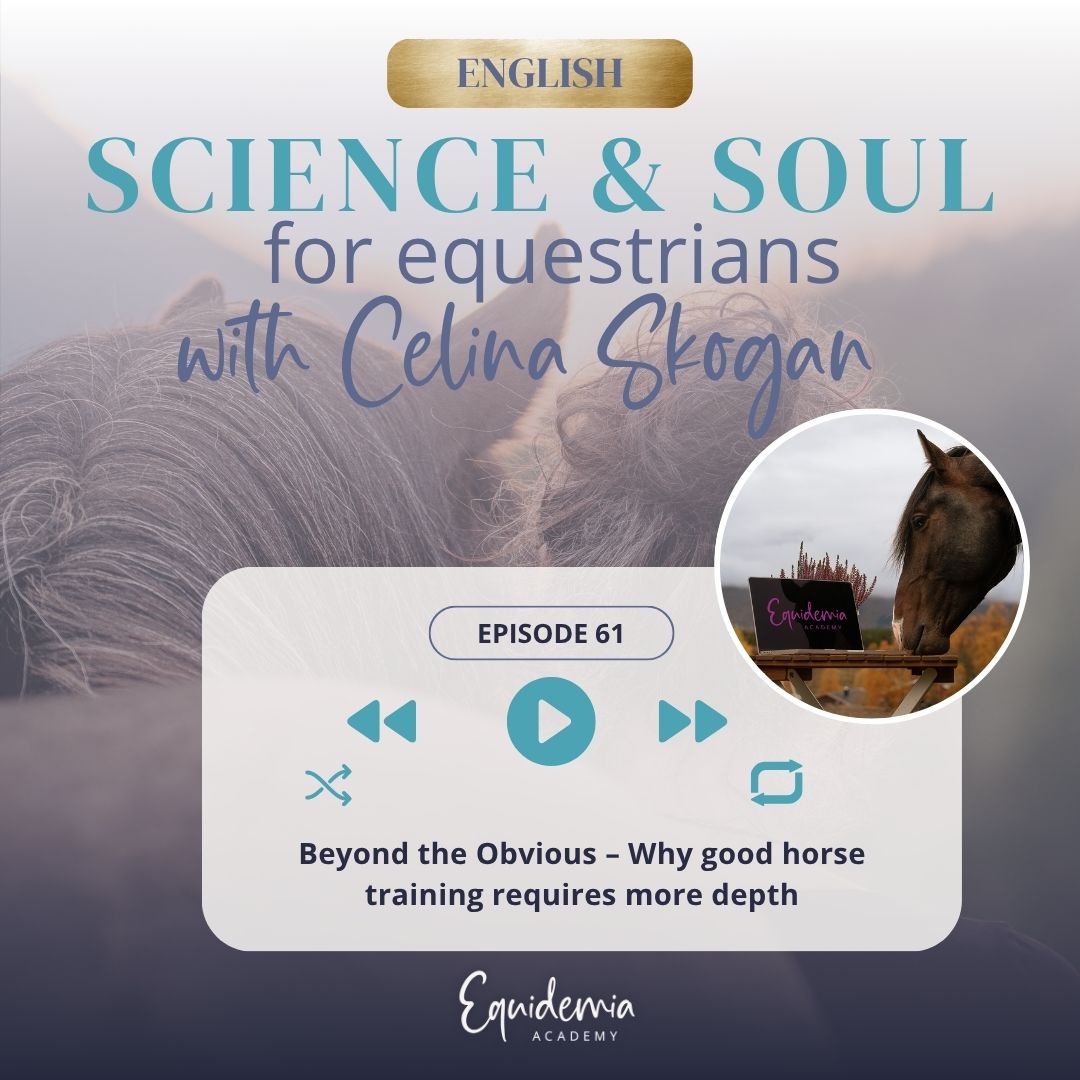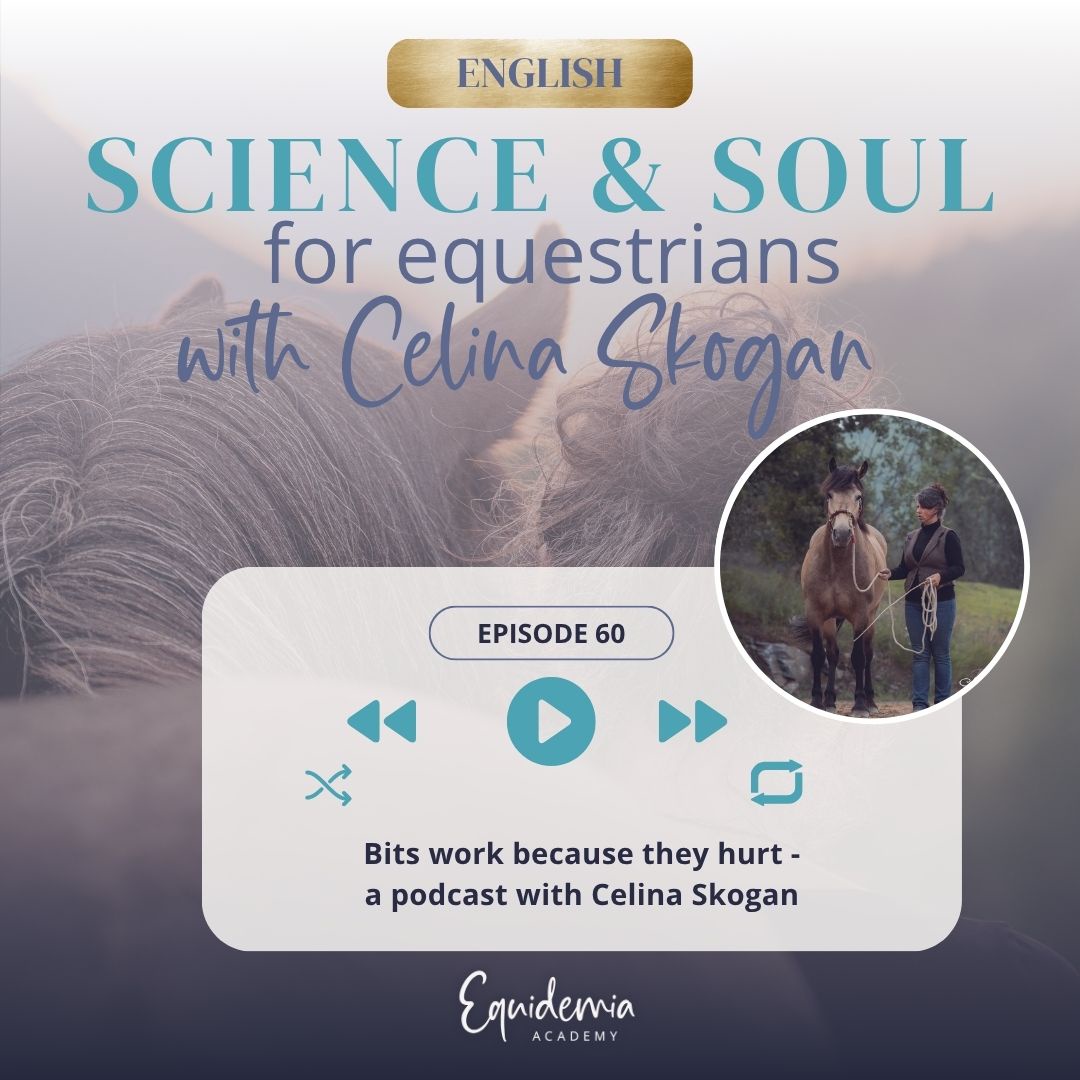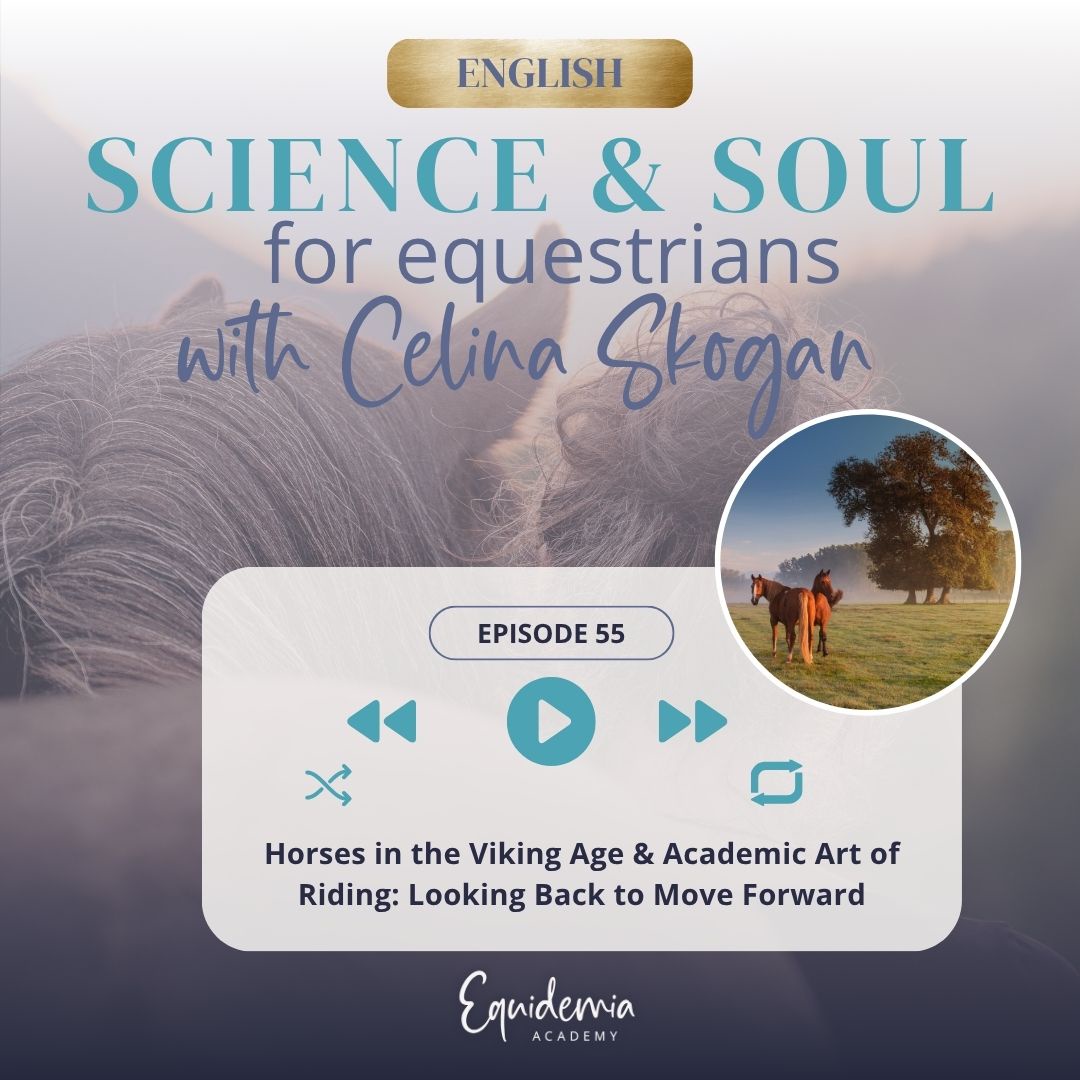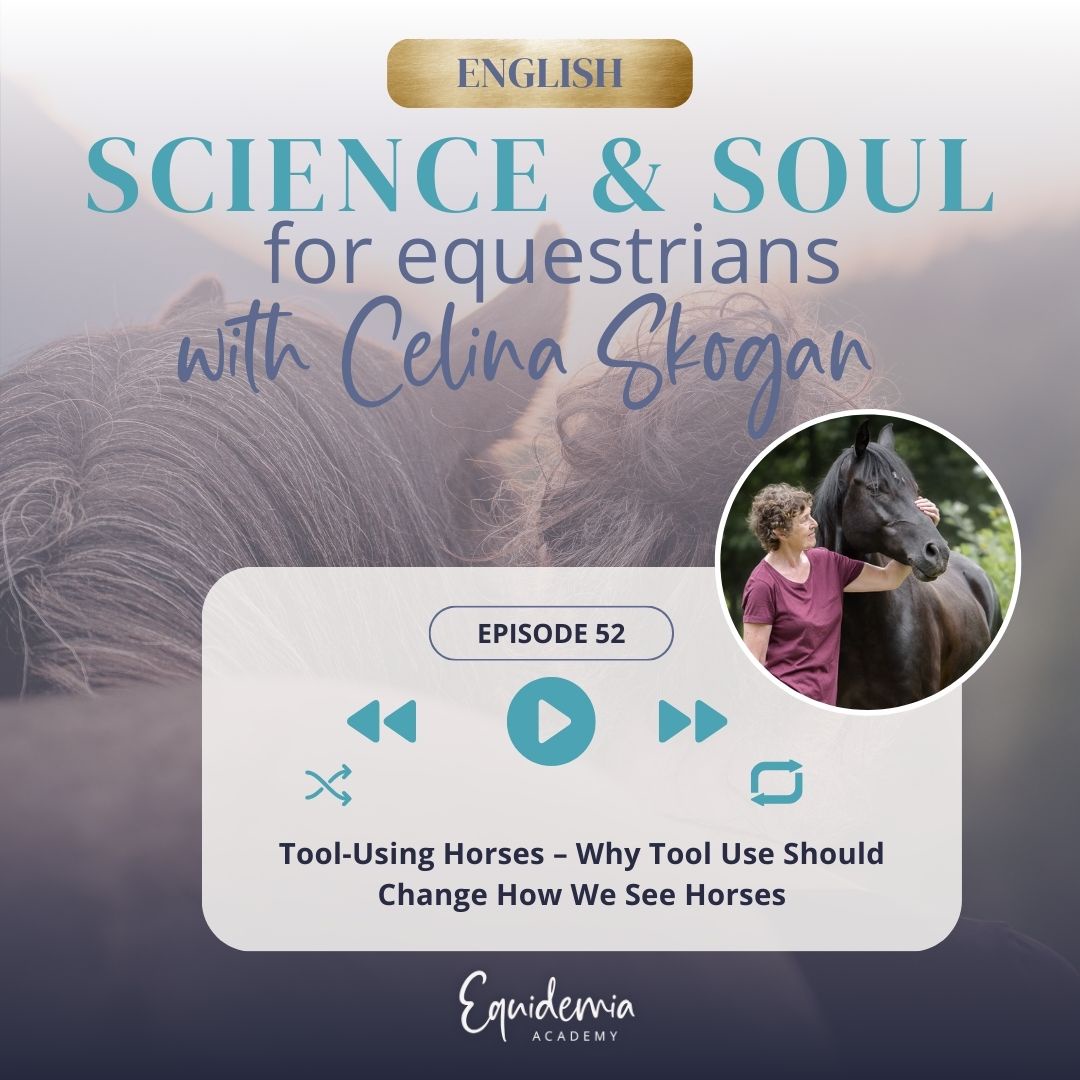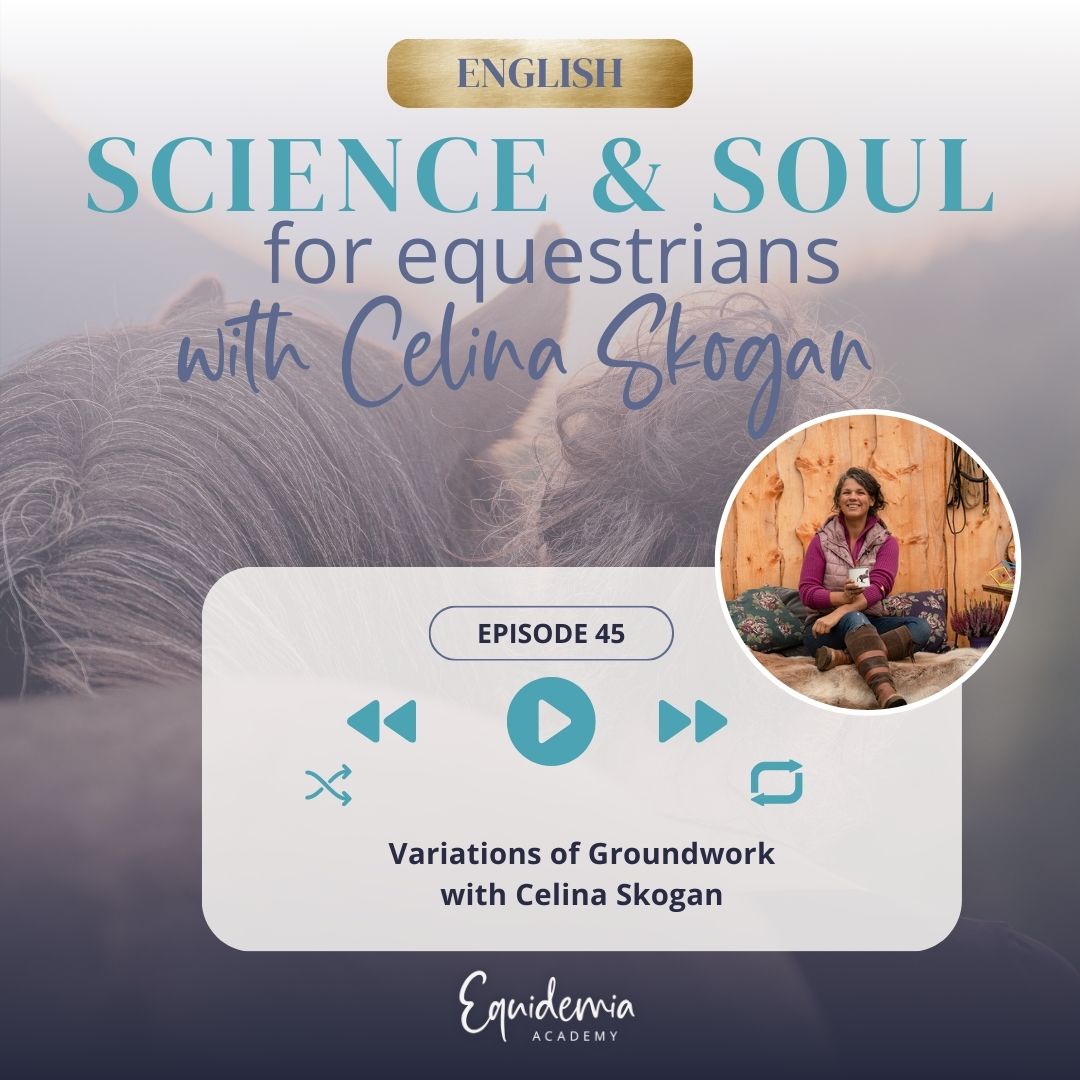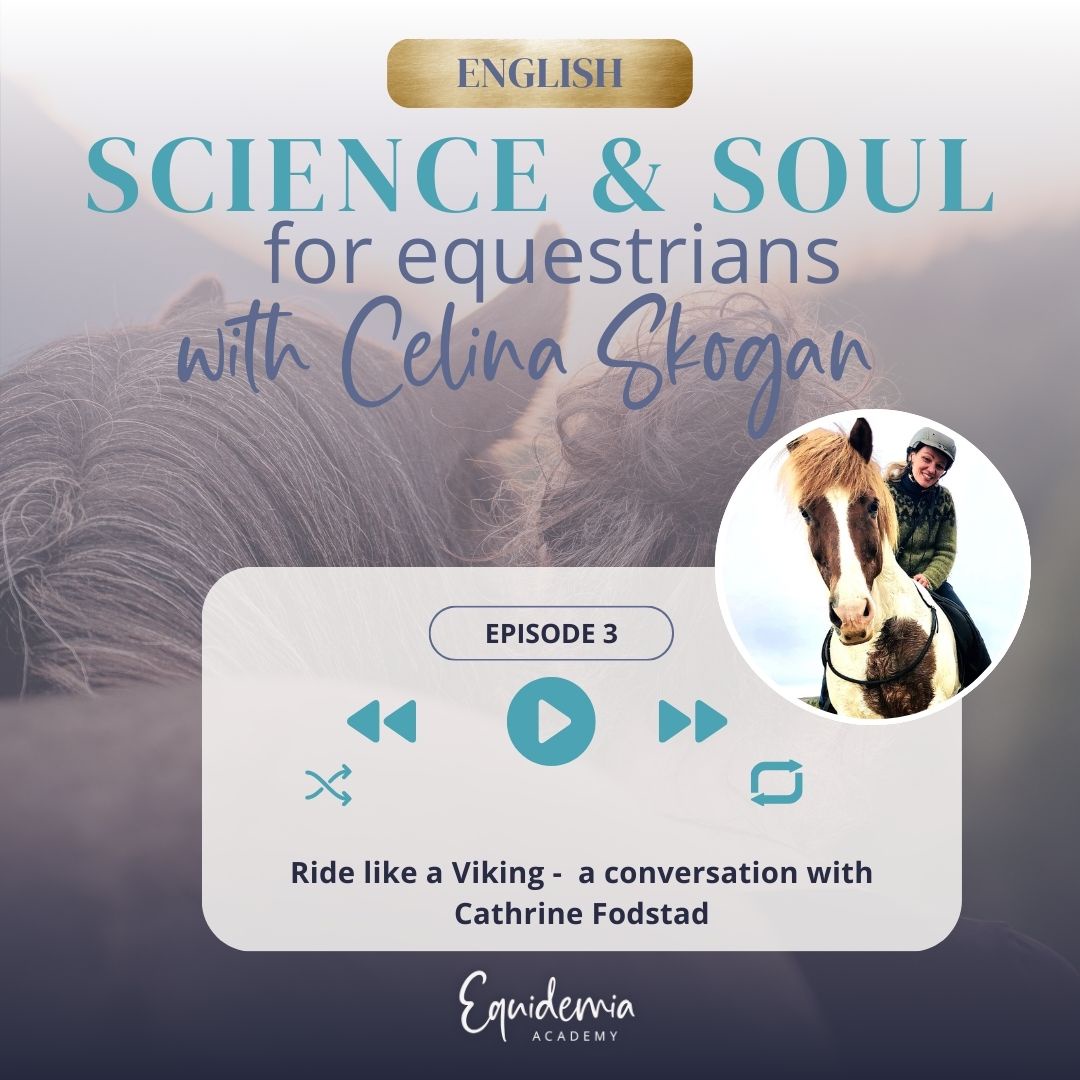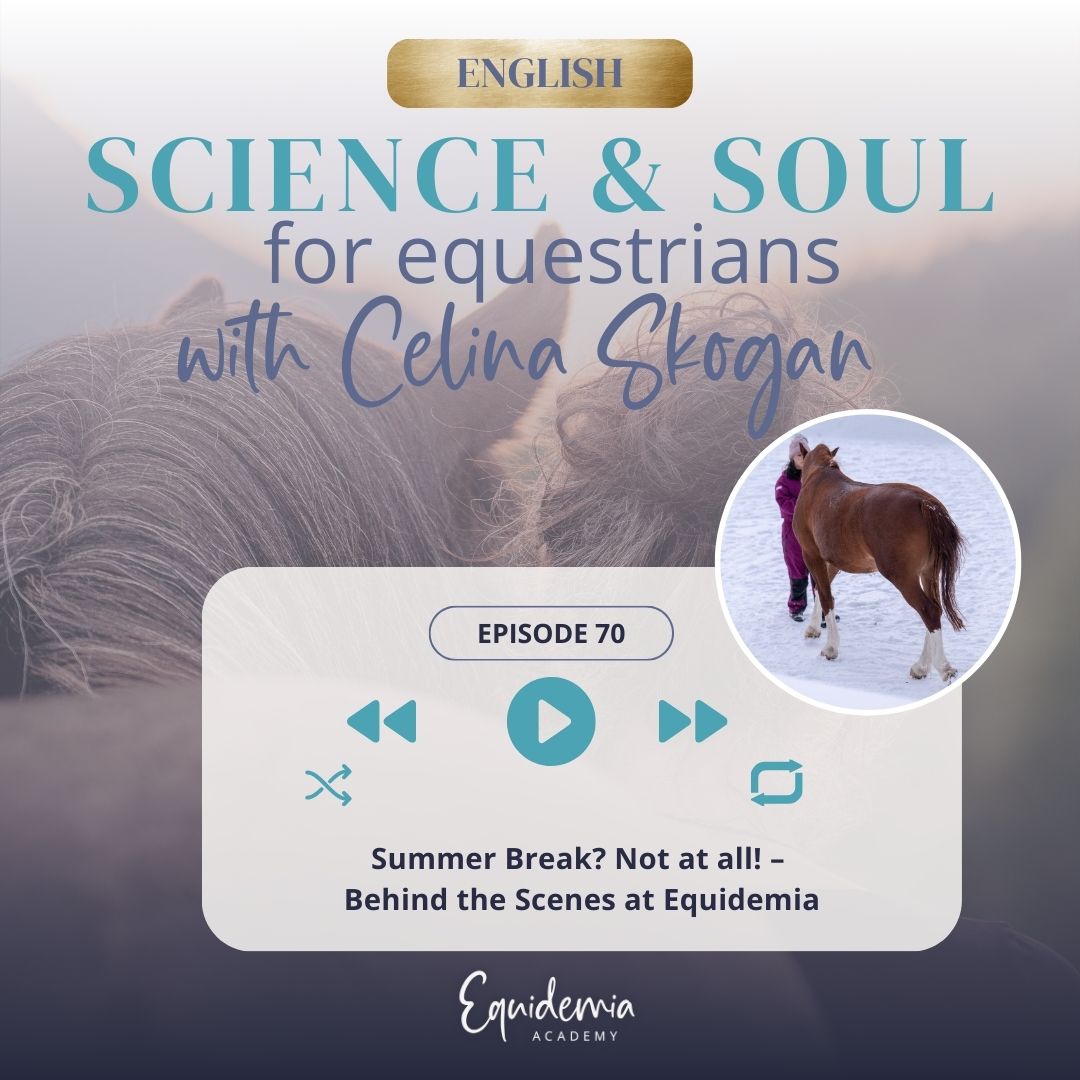
Summer Break? Not at all! – Behind the Scenes at Equidemia
A teaching break doesn’t mean standing still! In this episode I share:
- Our very first Summer Camp in Norway
- Highlights: stress markers, gait analysis, Stable Core & pain workshop with Dr. Frauke Musial
- My seminar in Germany & new plans for the Masterclass
- Your wild social media stories and the question: Does my horse have to be sick to join Equidemia?
